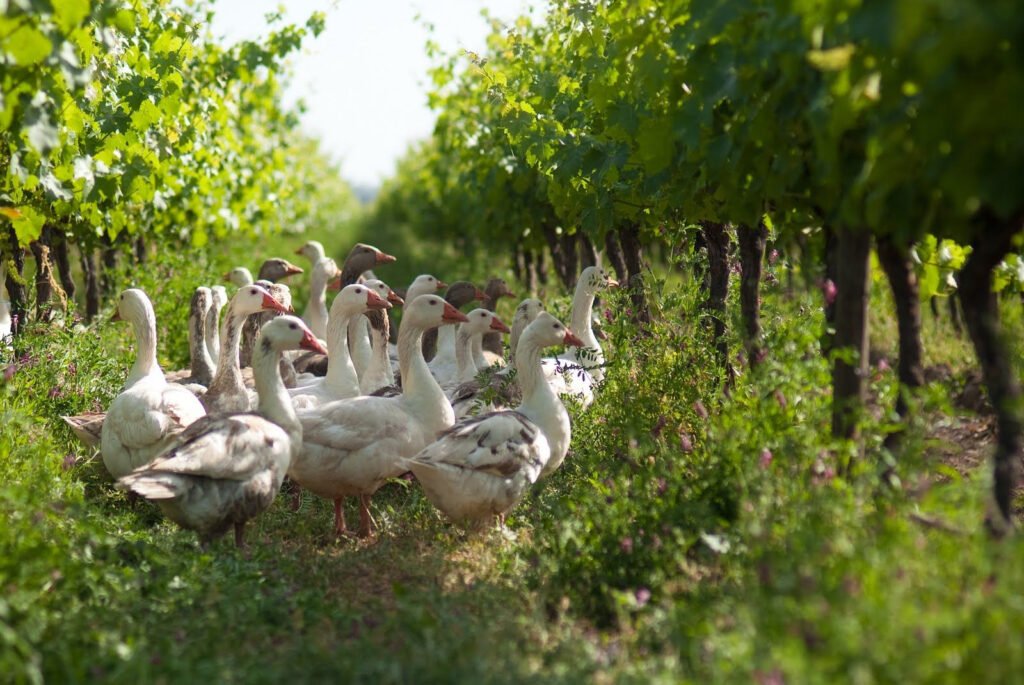Is My Wine VEGAN? Vegan wines are delicious… here’s how to spot one.
3-minute read *Updated 01 November 2022
Being vegan was once a dirty word. Claim it and you would be relegated to an obscure, cardboard-tasting item on the menu. Today, everything’s changed. The demand for vegan wine has exploded worldwide. Virgin Wines (a leading wine retailer) reported that sales of vegan wine in the UK increased by 51% in the last two years (2019 – 2021). Even staunch carnivores can’t deny the benefits of veganism for our bodies and the planet- leading many to take steps towards a plant-based diet. The world is paying attention, and our entire food sector- from school canteens to mainstream budget supermarkets have jumped on board, but has the wine industry even vaguely caught up? The truth of what’s in our glass has many of us stumped. Cue horror stories of red wine fraught with animal blood. Meanwhile, some of the finest wines are 100% vegan, with no mention of this virtue by the vintner. No wonder we are left guessing every time we chance a bottle.
Huh…? There’s pig in my wine..?!
Some wine is not vegan-friendly due to a clarifying process called ‘fining.’ It’s a technique to stabilise and purify the liquid of unwanted sediment, tannin, and colours. All young wines are hazy in appearance due to this unsettled sediment. But despite being completely natural and in no way harmful, most consumers demand clear and bright wine. Fining removes this residue and may help the winemaker achieve the desired taste. The process involves adding a fining agent to the wine- a substance that bonds with the sediment, forming visible clumps which sink to the bottom of the vat/barrel. The clear wine is then siphoned off or filtered clean.
The chosen agent depends on the winemaker but is generally derived from animals. Albumen (egg whites) is mainly used for reds. For whites, casein (a protein found in milk) is typical, or isinglass (fish bladder membranes. Commonly used for either wine is gelatine (boiled animal parts- generally pig’s skin). The fact that both the unwanted matter and fining agent are ultimately removed from the wine could be argued to render all wine vegan. However, purists would be quick to disagree.

Dracula’s chosen poison
Ox blood- yup, dried or liquid- it used to be a thing. But the use of blood in fining is an outdated practice, one that has fallen sharply over the years. It was banned in the EU and the US in 1997 when mad cow disease ravaged the world. Though some smaller wineries may still sneak some blood in your merlot, it’s wildly unlikely. So generally not a problem to encounter. That’s unless you’ve got an exceptionally old vintage… then you may have blood on your hands.
Are vegan wine drinkers doomed?
Not all is lost; options such as Bentonite (clay formed from volcanic ash), plant-based casein, and carbon are popular choices being embraced by vegan-friendly winemakers. Alternatively (if the vintner has time and space on their side) they may choose the good ol’ fashioned method of leaving the wine to rest. Most unwanted particles, given long enough, will eventually sink to the bottom.
Give me the good stuff then… biodynamic/organic for me!
Not so fast. Fining agent aside, some vegans object to using animals in any exploitative manner. Organic wine may determine what happens in the vineyard but has little to do with the winemaker’s choice of agent. Bio-dynamic wine (even those using vegan-friendly fining) falls foul completely, as this farming method requires performing unusual ceremonies at specific harvest times. One of which prescribes burying cow horns in the vineyard, each filled with tisane (an elixir containing cow manure), in a ritual dictated by the lunar cycle. Natural/low-intervention wines are generally a safer bet, as the wine is often left cloudy (unfined) to enhance natural flavour and texture.
How to spot a vegan wine
Unfortunately, it’s still not as simple as checking the bottle. Many winemakers (small independents and bulk producers alike) have yet to address the need for clear labelling. Even the definition of ‘vegan wine’ varies between countries. Best to ask your wine merchant or stick to bottles marked ‘vegan.’ Regrettably, this may exclude you from many quality, vegan-friendly wines- so do take the time to research a producer’s biography. The irrevocable tide of veganism is pushing winemakers to be upfront about their processes. And the clock is ticking for change.


Leave a Reply